Driving the future of healthcare
PUBLISHED ON
SCROLL DOWN
As an Academic Health System, the National University Health System (NUHS) and its institutions aim to bring medical advances to provide incredible care to its patients through research and innovation.
NUHS is approaching clinical research and innovations with a proactive mindset of Tomorrow's health, today.
This approach encompasses three pillars of future medicine: predictive, precise and personalised.
Research is what enables NUHS to stay at the forefront of developing precision tools in treatments and predictive markers with early detection.
With personalisation, utilising an individual approach enables clinicians to optimise treatments in order to achieve the highest levels of success while minimising potential side effects.
Predictive medicine
is rooted in preventative care. Some examples of this include early detection of diseases or forecasting and anticipating the probabilities of future diseases.
NUHS is a key partner in a few studies that aim to predict the course of a future disease, through assessments such as blood markers or brain imaging. Being able to act on treating a disease early can be lifechanging.
Precision medicine
aims to provide a more precise approach for the prevention, diagnosis, and treatment of disease. In the past, precision medicine has often referred to techniques and tools that are more accurate or more sensitive.
NUHS has expanded on this by introducing more precise technologies which can pinpoint genes and proteins that are associated with specific diseases. Another layer of precision is found in diagnosis or treatment. This entails using information about an individual's genomic, environmental, and lifestyle information to guide decisions related to their medical management.
Personalised medicine
is defined by an individualised treatment approach with the understanding that every patient is different.
The use of precision tools and predictive markers allow clinicians to characterise their patients and develop an individualised approach. Being able to understand how each patient might respond to different treatments can highlight the correct treatment course and determine the optimal dose to optimise success and minimise side-effects.
Shaping tomorrow’s healthcare through clinical research and innovation
NUHS aims to advance healthcare in Singapore, believing that innovation and research augment the ability to deliver better care.
This strive for excellence is only possible through rigorous research. Clinical trials allow NUHS to explore the safety and efficacy of novel treatments, drugs or medical devices. NUHS encourages public participation in its clinical trials, offering the public an opportunity to contribute and play a part in the understanding of diseases which will accelerate medical science by providing valuable insights into potential treatments and methods of prevention.
Through information gained from its clinical trials and studies, NUHS aims to help researchers and clinicians to detect a disease early or aim to improve the quality of life for people with life-threatening diseases or chronic health problems. Research also offers new insights into diseases, reveal unmet medical needs, and develop new therapies, all while reducing healthcare costs and enhancing overall efficiency in the long run.
NUHS Scientific & Innovation Summit
Want to know more about the future of healthcare in Singapore and gain insights into NUHS’ research and innovation efforts? Keep reading for a preview of the speakers and topics that will be covered at the upcoming NUHS Scientific & Innovation Summit.
Meet some of our speakers
From elevating surgical excellence through artificial intelligence (AI) to fighting Hepatocellular Carcinoma (HCC), discover the doctors pioneering some of the key research and innovation initiatives happening at NUHS.
Aside from his work in pioneering the National University Hospital (NUH) HoloMedicine programme, Dr Gao has a special interest in utilising AI to improve surgical excellence. Read more about how his work impacts tomorrow’s health, today.
A clinician and epidemiologist, Dr Venkatarman’s research interests lie in cardiometabolic diseases. Her current focus is on peripheral arterial disease as a diabetes-related complication. Read more about how her work impacts tomorrow’s health, today.
As a consultant at NUH, Dr Huang looks after patients with advanced liver disease. He is working to predictively detect and treat Hepatocellular carcinoma (HCC), one of the world’s most killer cancers. Read more about how his work impacts tomorrow’s health, today.
Join us at the upcoming NUHS Scientific & Innovation Summit where various speakers will share more about their research breakthroughs, recent innovations and how NUHS is working to tackle tomorrow’s heath, today.
Date: 3 Aug 2024
Time: 8.00am - 6.30pm
Venue: Shangri-La (Orchard) Singapore




